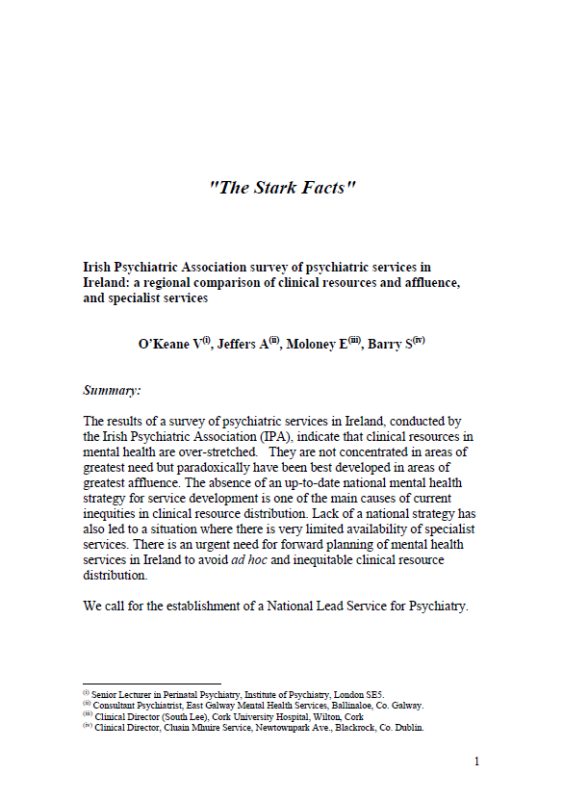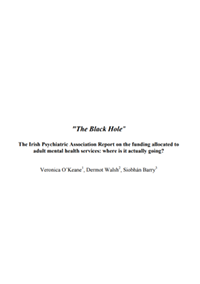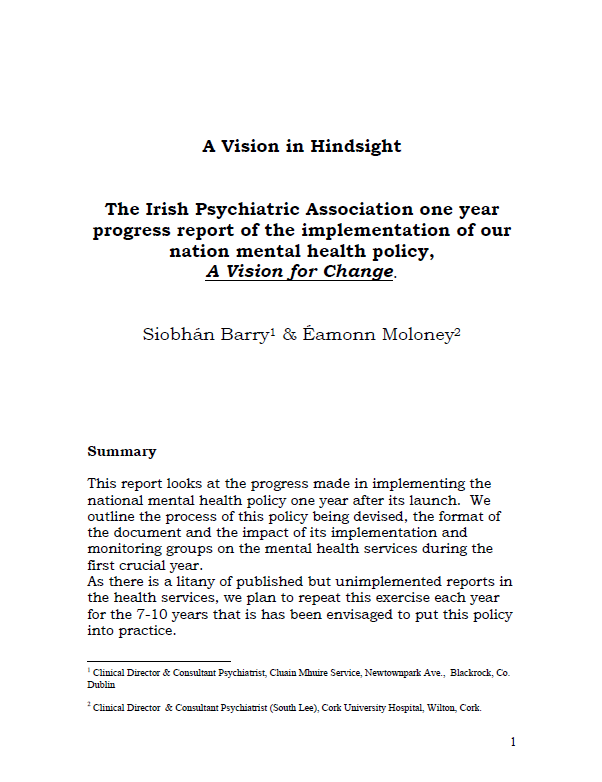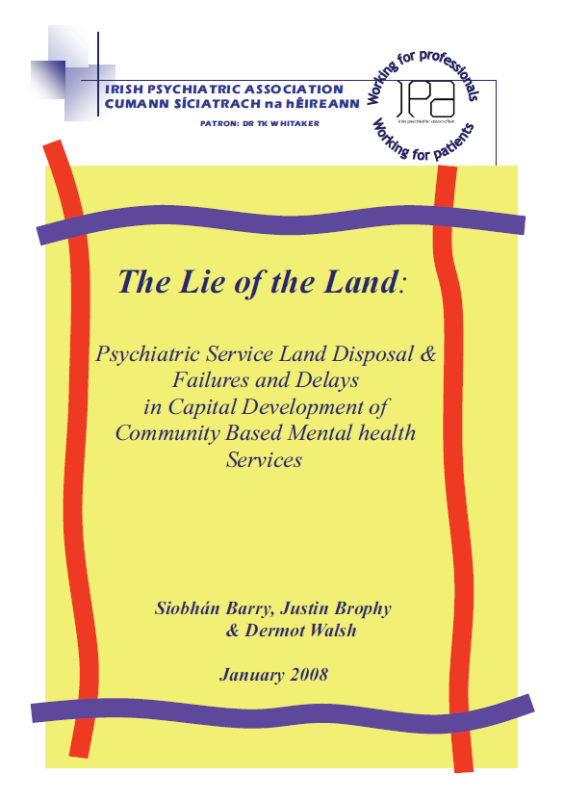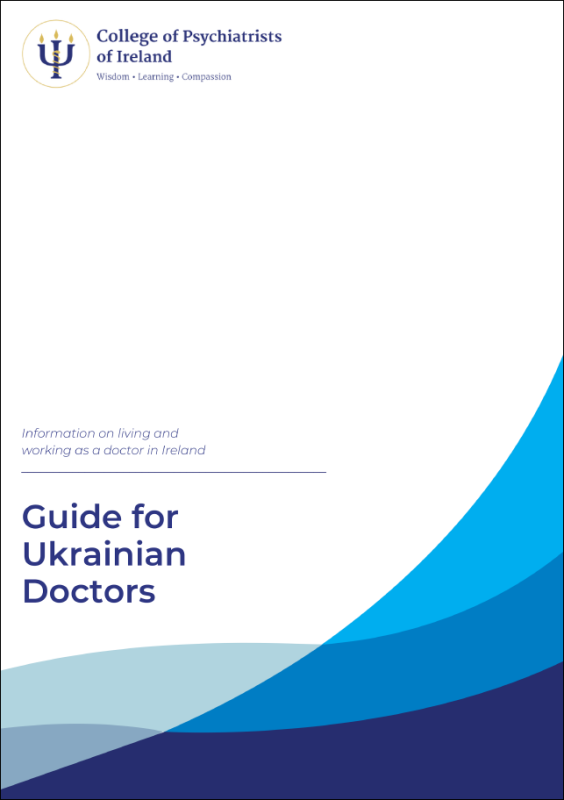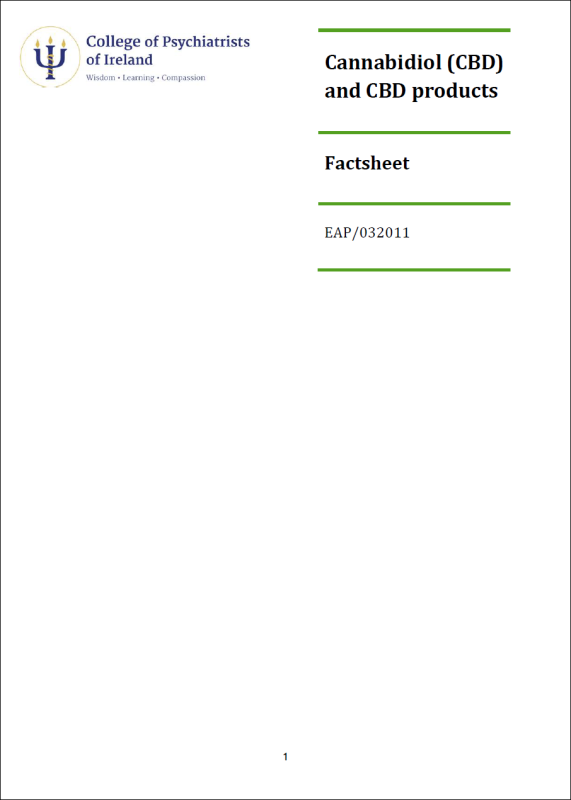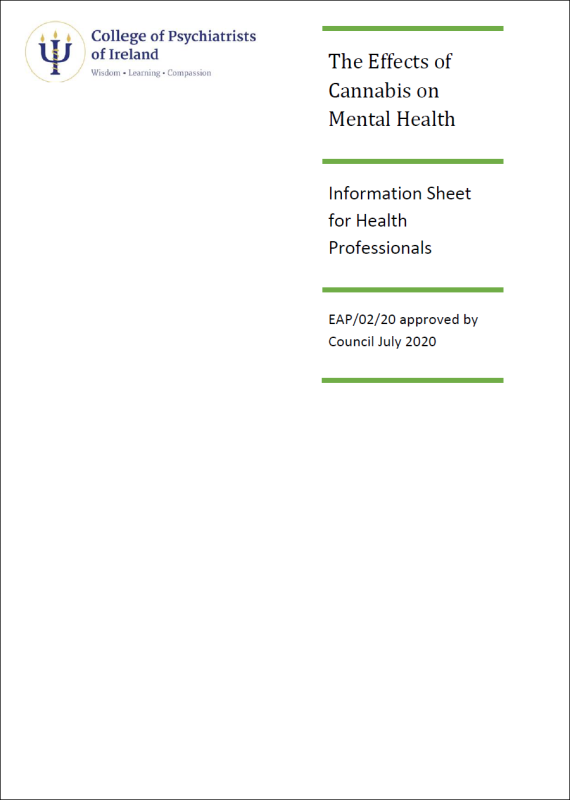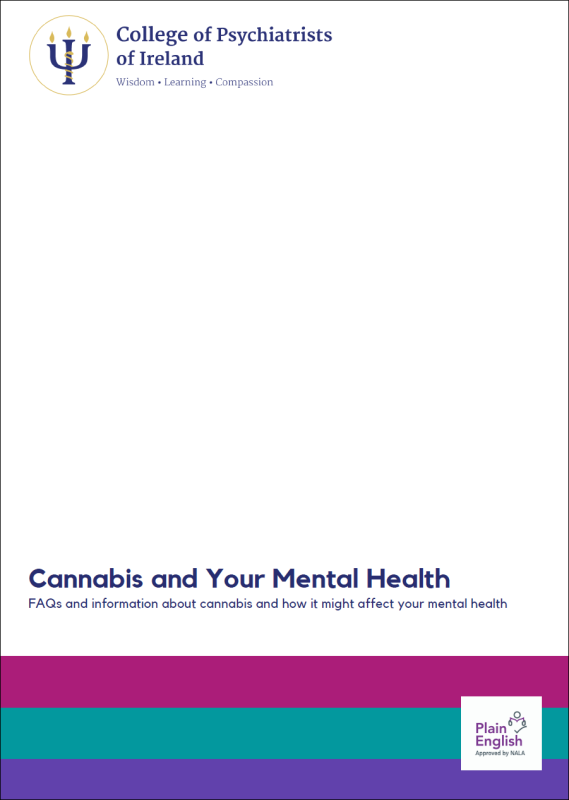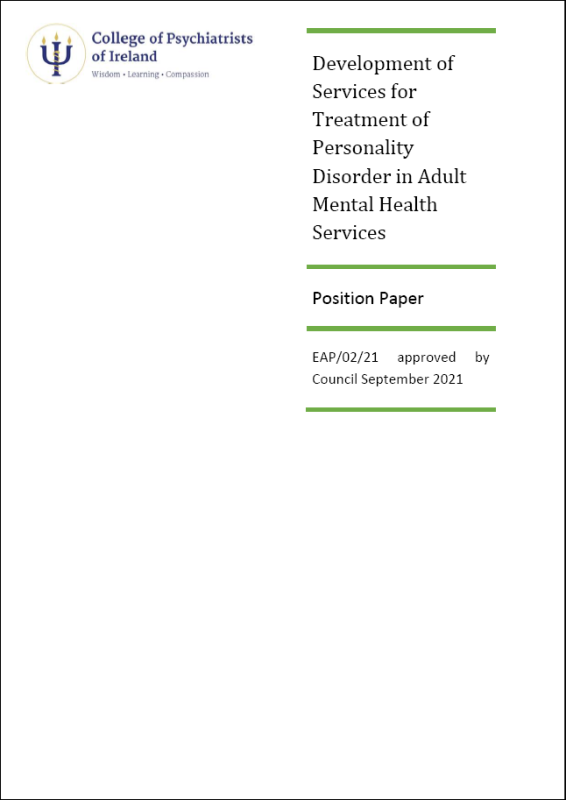Membership is open to all psychiatrists working in Ireland and overseas. We also offer membership to medical students and interns absolutely free. The College membership year runs from 1st November to 31st October.
Portfolio
Lesbian, Gay & Bisexual (LGB) Patients: The Issues for Mental Health Practice – Quick Reference Guide for Mental Health Staff
This is a quick reference guide for mental health staff for working with lesbian, gay and bisexual patients based on a report by the College of Psychiatrists of Ireland in collaboration with GLEN, the Gay and Lesbian Equality Network. To read the full report, please click here.
Improving Service Provision to LGB Patients:
- Be aware of LGB mental health issues and gay-specific stresses
- Don’t assume everyone is heterosexual
- Be aware of and challenge anti-gay bias
In addition to routine assessment and treatment, where appropriate, consider the following with LGB patients:
- Mental Health: Assess the impact of gay-specific stresses on mental health (e.g. fear of coming out, parental/family rejection after coming out or experience of harassment) and screen for self-harm, suicidality, depression, anxiety and substance misuse
- Coming Out: Is patient ‘out’ to family and friends? If yes, are family and friends supportive? If no, what supports could the patient benefit from? Has GP explored sexual orientation and any related issues? Where appropriate, consider referral to LGB support services and/or counselling or psychotherapy
- School/Work: Has the patient experienced homophobic bullying in school or bullying/discrimination in work? Have attempts been made to address school or workplace issues?
LGB-Specific Support: An inclusive approach to practice that is gay-affirmative will provide LGB patients with optimal support. Patients may also benefit from referral to LGB organisations or helplines for support, advice and information (see directory below)
Use Inclusive Language and Questions
Instead of:
- Are you married?
- Do you have a girlfriend/ boyfriend?
- What is your husband/wife’s name?
Ask:
- Do you have a partner?
- Are you in a relationship?
- What is your partner’s name?
Asking Patients about Coming Out & Related Experiences
- “It sounds as if you are questioning your feelings/your orientation/your identity… has that been on your mind?”
- “Have you come out to friends or anyone in your family?”
- “Are you concerned about how people might react when you come out to them?”
- “Are there lesbian/gay/bisexual people you know that you can talk to? Are they supportive?”
- “Have you had any negative experiences since coming out?”
Directory of Helplines & Support Services
LGB HELPLINES: (For LGB people, family/friends and professionals)
- Cork Lesbian Line: 021-4318318
- Dublin Lesbian Line: 01-8729911
- Dundalk Outcomers Helpline: 042-9353035
- Gay Information Cork: 021-4271087
- Gay Switchboard Dublin: 01-8721055
- Limerick Gay & Lesbian Helpline: 061-310101
- Outwest Helpline: 094-9372479
- Numbers for all gay helplines can be found at www.lgbt.ie
GENERAL HELPLINES: (All have experience of supporting LGB callers)
- Samaritans: 1850 60 90 90
- Teenline: 1800 833 634
- Aware (Depression): 1890 303 302
- Bodywhys (Eating Disorders): 1890 200 444
- LGB SUPPORT & INFORMATION SERVICES:
- National Support & Information website: www.lgbt.ie
- BeLonG To Youth Service: 01-6706223 or www.belongto.org
- Cork Gay Project: 021-4304884 or www.corkgayproject.com
- Dundalk Outcomers: 042-9329816 or www.outcomers.org
- Gay Men’s Health Service: 01-8734952 or www.gmhs.ie
- L.in C (Lesbian Service in Cork): 021-4808600 or www.linc.ie
- LOOK (Parents’ Support): 087-2537699 or www.lovingouroutkids.org
- Outhouse (Community Centre): 01-8734932 or www.outhouse.ie
- Outwest (Support in the West): 087-9725586 or www.outwestireland.ie
- TENI (Transgender Support): 01-633 46 87 or www.teni.ie
For more information on what mental health practitioners can do to support lesbian, gay and bisexual patients see the accompanying resource Lesbian, Gay and Bisexual Patients: The Issues for Mental Health Practice
